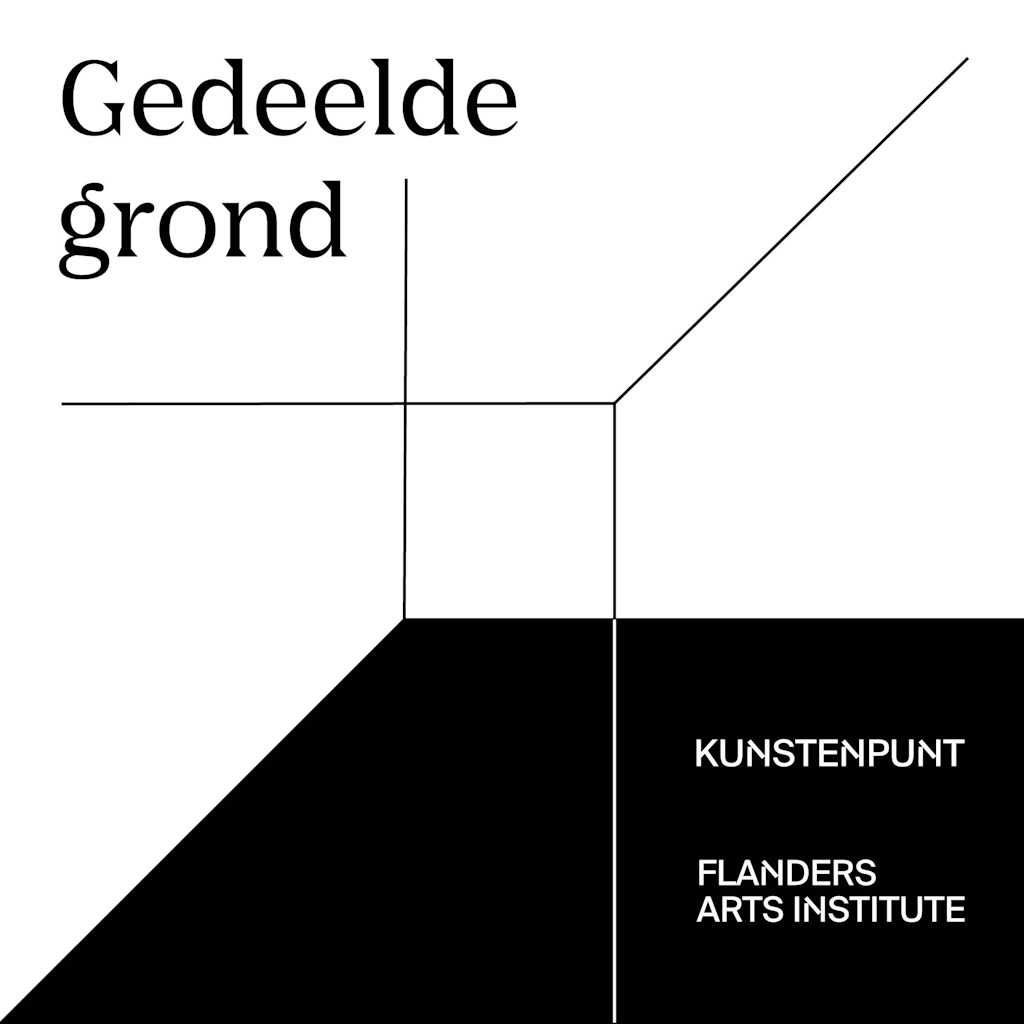Gedeelde grond (Shared ground) 7 – listen to the new podcast episode with Dries Meerts
Gedeelde grond (Shared Ground), a series of conversations with art professionals from Flanders. It explores their dreams and concerns. In the seventh episode, Dries Meerts of the Belgian Saxophone Choir and Anima Eterna Brugge calls for better organized entry into the field and more collaboration.
We are trying to show content from Spotify.
Kunsten.be only uses minimal cookies. To view content by a third party website, this site can place additional cookies. By continuing to browse you are agreeing to the use of those third party cookies.
Read more about our privacy policy?
Summary
Dries Meerts is responsible for the general management of the Belgian Saxophone Choir, an ensemble full of young musicians from the Belgian saxophone scene. Through musical projects it aims to create connections and facilitate progression to the professional field. Since November, he has also been working as a business officer at Anima Eterna Brugge.
Sax education in Belgium is renowned, but according to Meerts, there is little mutual connection and exchange between musicians. The Belgian Saxophone Choir aims to bring together saxophonists from different conservatoires, regions and levels.
A beautiful, but difficult mission: explicitly Belgian, partly professional, partly active in education and the amateur arts. How do you finance that? “Our way of working is difficult to explain to a government. Subsidies like to work with boxes: if you don’t fit 100% into a box, you fall outside it.”
Meerts indicates that it is becoming increasingly difficult without subsidies. “A few times I’ve had an offer to play a show with thirteen people for 1,500 euros. That is not workable. (…) I understand the programmers, because they also have to keep their heads above water. But what do we as a field still want to be? What do we still want to show? And how does policy look at this issue?”.
“Do we only want subsidised organisations in Flanders? Do others then have no right to exist?”
Dries advocates a field where inflow is better organised, for instance with an inflow subsidy that gives you two or three years to grow. “That way you give people opportunities, because there are none right now. It is difficult to start working structurally if you don’t have structural resources.” He also dreams of more collaboration within the sector across disciplines and organisations.
“Look over that wall. Try thinking out of the box. Go and look at each other’s work, listen, learn.”
“Let us all think together about how we see the future. Apart from policy, apart from what exists now, apart from the current Arts Decree. It would be very nice if we ourselves could create an ideal world for the cultural sector and for how we would like to work.”
Recorded: 29th of May 2023 at Flanders Arts Institute in Brussels.
Read the full transcript (in Dutch)



